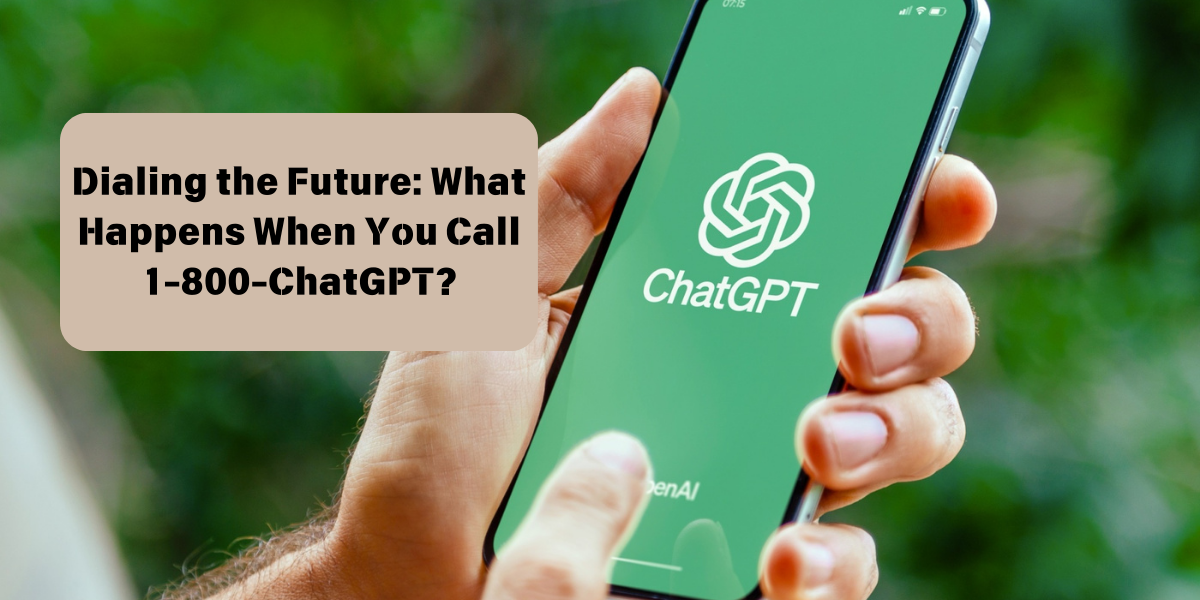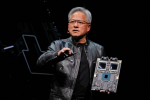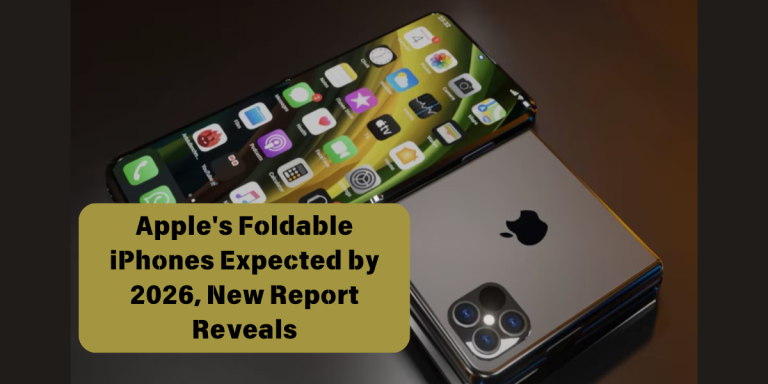tastywoo.com– When you call 1-800-ChatGPT, you’re not dialing a typical customer service line. Instead, you’re greeted by a voice capable of discussing everything from chocolate chip cookie recipes to pivotal events in American history. This new innovation from OpenAI has brought their popular chatbot into the world of voice communication.
AI at Your Fingertips
Ten days ago, OpenAI launched its voice-based AI service in the United States, allowing users to call a toll-free number and engage in lifelike conversations with their chatbot. This service is designed for people without access to the ChatGPT app or those who may be less familiar with technology.
The initiative aligns with OpenAI’s mission to make AI accessible to everyone, including those without high-speed internet. However, the service is not without limits—users are granted 15 free minutes of call time per phone number each month. Beyond the U.S., OpenAI has also introduced a text-based version of the service via WhatsApp, using the same number.
Kevin Weil, OpenAI’s Chief Product Officer, highlighted the rapid development of the project. “These features are crucial to reaching people who may not have access to traditional digital platforms,” Weil stated, emphasizing the company’s commitment to expanding AI’s reach.
A Nod to the Past
While OpenAI’s voice-based chatbot feels cutting-edge, it’s not the first instance of voice-driven AI. In 2007, Google introduced GOOG-411, a voice-powered business directory. Though revolutionary at the time, the service was discontinued in 2010.
OpenAI’s offering takes voice AI to the next level, going beyond directory searches to provide dynamic, human-like conversations.
Privacy and Ethical Concerns
Despite the excitement surrounding the service, it has raised questions about privacy and ethics. Critics have pointed out potential issues, including:
- Are calls recorded?
- Could user voices be used to train AI or be at risk in a data breach?
- How might human relationships evolve as people grow more attached to AI companions?
Some fear the emotional implications of engaging with AI designed to sound human, particularly for those seeking companionship or battling loneliness.
Corporate Evolution and Controversy
In a parallel development, OpenAI has announced plans to transition from a capped for-profit model to a Public Benefit Corporation (PBC). This restructuring aims to balance public benefits with shareholder interests, enabling the company to secure funding while maintaining its mission.
However, the move has drawn criticism, including from Tesla CEO Elon Musk, who has reportedly filed a legal challenge against the transition. OpenAI initially launched as a nonprofit in 2015 before shifting to its current model.
A Glimpse into the Future
The launch of 1-800-ChatGPT marks a significant step in integrating AI into everyday life. While the service sparks ethical debates and privacy concerns, it also opens the door to a new era of AI communication.
Whether this innovation reshapes how we interact with technology or introduces unforeseen challenges, one thing is clear: the future of AI is no longer just at our fingertips—it’s also on the other end of the line.






Leave a Comment